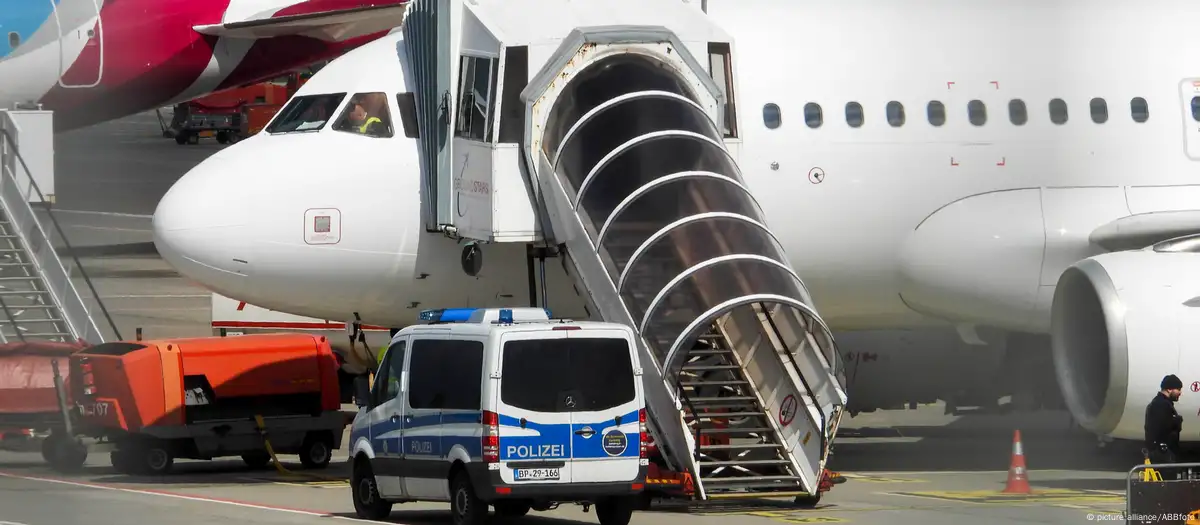Conservative leader Friedrich Merz has presented a five-point plan to end irregular migration. However, both EU and German law would make it difficult for him to set his plan in motion.
Germany’s center-right bloc led by the Christian Democrats (CDU) is calling for stricter immigration law following a knife attack in the city of Aschaffenburg that left two people dead.
After it came to light that the assailant was an Afghan national who was slated for deportation, CDU leader Friedrich Merz has presented a five-point plan to curb irregular migration.
Merz has said that should the CDU bloc emerge victorious in Germany’s federal election on February 23, he will work to implement his plan as quickly as possible. However, questions remain about whether his proposals are legal under German and European Union law.
‘Last resort’
Germany is part of the Schengen free movement area, and thus, border checks are only allowed “in the event of a serious threat to public order or internal security.” Border checks within Schengen have been put in place before, for example, during the COVID-19 pandemic and following terrorist attacks.
For the latter reason, border controls have been in place in Germany since a knife attack in the city of Solingen in August. There, too, the suspected perpetrator was a rejected asylum seeker who had been scheduled for deportation.
Border controls are considered a “last resort” in EU law, and are only permissible for a limited period. With open borders at the heart of the EU’s principles, constant patrols of Germany’s 3,800-kilometer (2,630-mile) border are simply not allowed.










